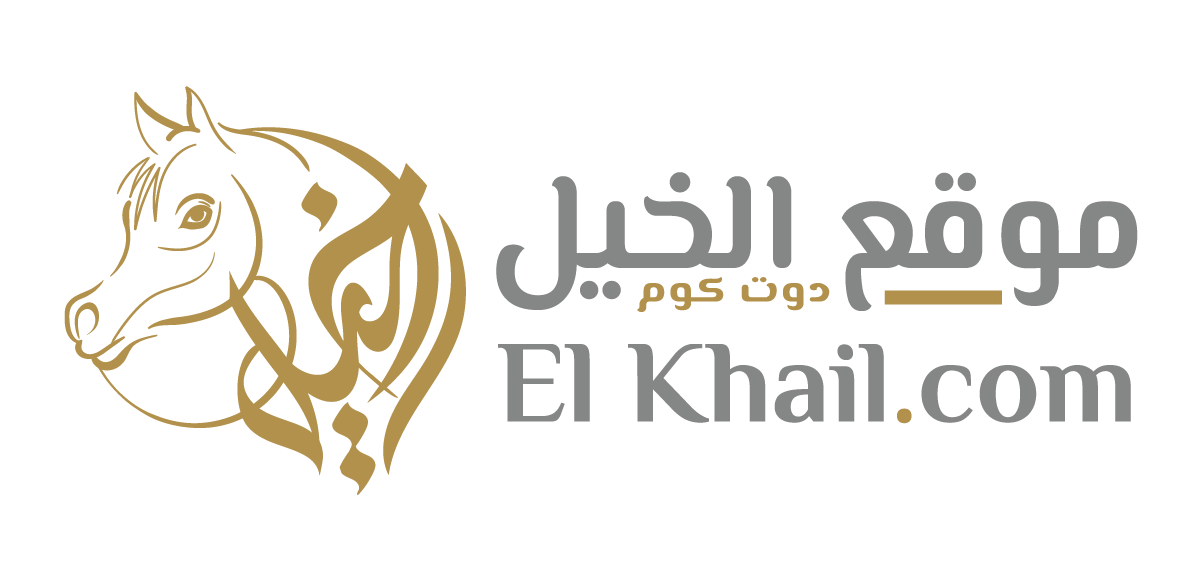On the authority of Abu Hurairah – may God be pleased with him – that the Messenger of God – may God’s prayers and peace be upon him – said: “A Muslim is not obligated to give charity to his slave or horse.” Bukhari and Muslim.
In the narration of Muslim: “The Muslim does not owe alms to his slave or horse.”
And in the wording “except for zakat al-fitr on slaves.”

In the footnote to “Ihkam al-Ahkam, Sharh Umdat al-Ahkam,” it says:
The public gathered that zakat is not obligatory in the eye of horses. And we were careful when we said “in the horse’s eye” that it is obligatory in its value if it is for trade. And obligated Abu Hanifa in horses zakat. The conclusion of his doctrine is that if the males and females are together, zakat is obligatory with him in one opinion. And if the males or females are alone, then there are two narrations about this, in that the development of offspring does not occur except by the meeting of males and females. If zakat becomes obligatory, then he has the choice between giving one dinar for each horse, or standing up and paying five dirhams for every two hundred dirhams. He was quoted as evidence by this hadith; It requires that zakat is not obligatory on a Muslim’s horse at all.
The hadith also indicates that zakat is obligatory on the eyes of slaves. This apparent hadith was inferred that zakat on trade is not obligatory. And it was said: It is an old saying of al-Shafi’i, in that the hadith requires that zakat is not obligatory on horses and slaves at all, and the majority answers. Their reasoning is twofold:
One: Saying the positive, for the zakat of trade is related to value, not to the eye. The hadith indicates a lack of attachment to the eye. If the zakat was attached to the eye of slaves and horses, it would have been established as long as the eye remained. And not that. If he intended to use zakat, the eye would remain. Rather, zakat is related to the value on the condition that the intention is to trade, and other conditions.
The second: that the hadith is general in regard to slaves and horses. If they establish evidence that zakat on trade is obligatory, then this evidence is more specific than that year in every respect, and it should be presented to it, if it is not general in any respect. If he came out on the basis of two years from one face without a face, if that evidence is from the texts. Yes, he needs to establish evidence that zakat on trade is obligatory. Rather, what is meant here is: a clarification of how to look at this noble hadith. The hadith indicates that zakat al-fitr is obligatory for slaves. There is no dispute about it, except that they are for trade. It differed. And this addition – I mean his saying “except for the alms-Fitr charity for slaves” is not agreed upon, rather it is with a Muslim as far as I know.






